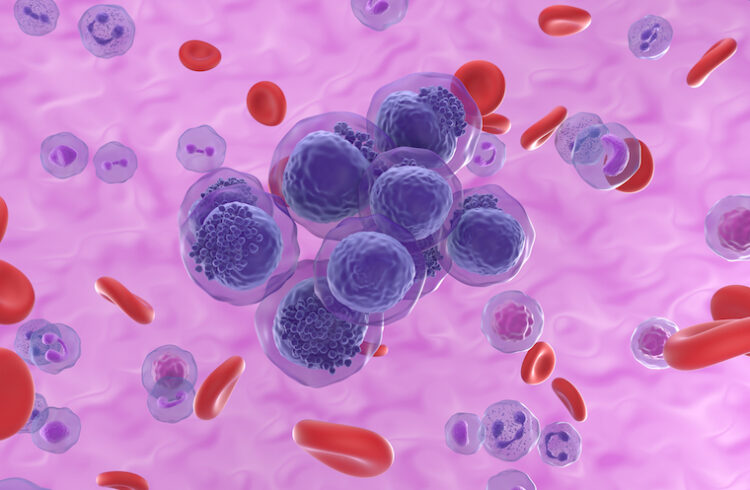
A new antibiotic being developed at the University of Virginia School of Medicine to combat the dangerous C. difficile superbug also appears effective against a wide array of other pathogens, including the Helicobacter pylori bacterium, a new study suggests. With antibiotic resistance a growing concern – and an alarming shortage of new antibiotics in development – the drug is notable because it works in a way that prevents microbes from becoming resistant to it.
UVA’s new findings challenge conventional wisdom that the best way to develop new treatments for Clostridium difficile , a growing problem in healthcare settings nationwide, is to target that infection specifically and to use an antibiotic that concentrates in the gut. UVA’s drug, Amixicile , does neither – yet early testing suggests it could be significantly more effective than existing options.
Sparing good gut bacteria
Amixicile may prove particularly effective against C. difficile because, unlike other antibiotics, it spares beneficial probiotic and other beneficial bacteria. There is growing evidence to suggest that probiotic bacteria help prevent C. difficile re-infection and relapse, so antibiotics that concentrate in the gut and kill off the intestinal flora indiscriminately make it easier for C. difficile to regain a toehold. Mice infected with C. difficile that were treated with other antibiotics commonly relapsed and died, but there were no relapses in mice treated with Amixicile, the researchers report.
Unlike other C. difficile therapeutics, Amixicile concentrates in the bloodstream, rather than in the gut, and emerges only at infected sites. Thus, Amixicile may be useful in treatment of systemic anaerobic and parasitic infections as well as gastric infections caused by H. pylori . More broadly, because of its low toxicity and immunity to mutation based drug resistance, it potentially could be used as a lifelong prophylactic to prevent flare-ups of chronic diseases such as Crohn’s disease and ulcerative colitis. It may even prove effective against anaerobes associated with periodontal disease.
“If the drug works even half as well as what we’ve found to date, there would be nothing like it in the existing antimicrobials,” said Paul S. Hoffman, PhD, of the UVA Division of Infectious Diseases and International Health and the UVA Department of Microbiology, Immunology and Cancer Biology.
Overcoming drug resistance
Amixicile avoids the problem of mutation-based drug resistance by its unusual mechanism of action. Amixicile targets the function of the vitamin B1 cofactor of pyruvate, ferredoxin oxidoreductase, an enzyme uniquely found in anaerobic pathogens and not present in humans or in the probiotic beneficial gut bacteria.
The vitamin cofactor, a small molecule, is not susceptible to mutation, offering a remarkably reliable – and therefore very attractive – target. Because the target won’t change, the risk of bacteria becoming resistant to the antibiotic is lessened dramatically.
Next steps to a new antibiotic
More preclinical work needs to be done before the researchers can gain FDA approval to begin testing Amixicile in people. They next intend to evaluate maximum tolerable dosages in animals and examine whether the drug has any genetic or mutagenic effects. If all goes well, they will eventually proceed to human testing.
The researchers’ latest findings have been published online by Antimicrobial Agents and Chemotherapy , a journal of the American Society for Microbiology, and will appear in the August issue. The article was authored by Hoffman; Alexandra M. Bruce of UVA’s Department of Chemistry; Igor Olekhnovich, Cirle A. Warren and Stacey L. Burgess of UVA’s Division of Infectious Diseases and International Health; Raquel Hontecillas, Monica Viladomiu and Josep Bassaganya-Riera of the Virginia Bioinformatics Institute at Virginia Tech; Richard L. Guerrant of UVA’s Division of Infectious Diseases; and Timothy L. Macdonald of UVA’s Department of Chemistry.



